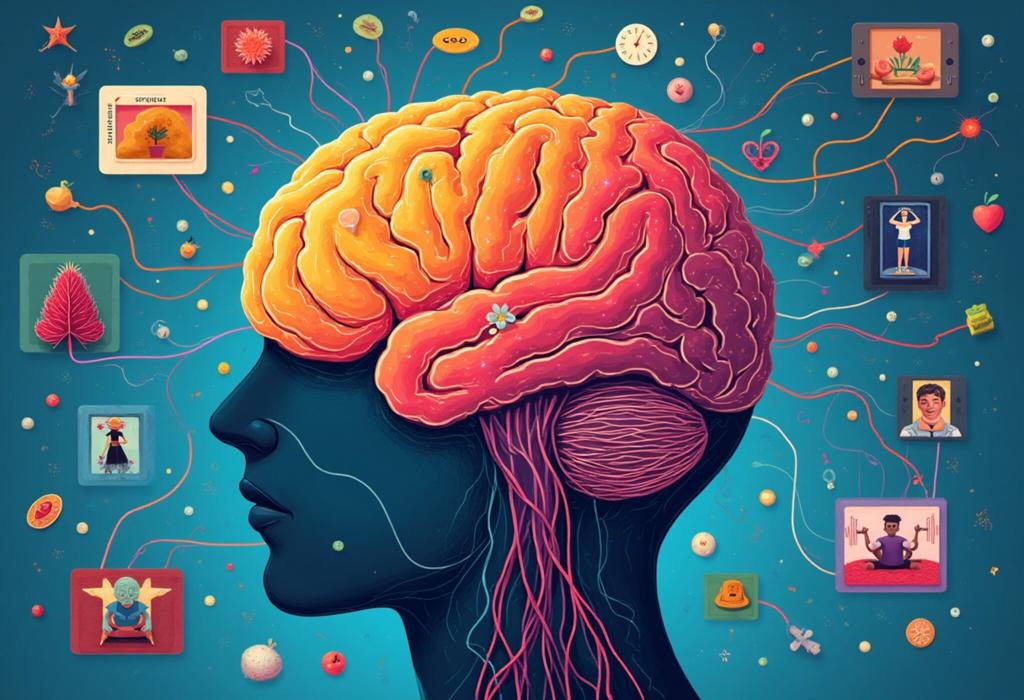For more details on this content, please review the step-by-step guide and frequently asked questions.
Can You Actually Train Your Brain to Be Smarter?

Step-by-Step Guide
Understanding Brain Plasticity
Learn about neuroplasticity, which refers to the brain's ability to reorganize itself by forming new neural connections throughout life. It highlights how engaging in different activities can physically change your brain structure.
Identifying Cognitive Skills
Identify the cognitive skills you wish to enhance, such as memory, attention, creativity, or problem-solving. Knowing which areas to target helps tailor your brain training effectively.
Engaging in Brain-Training Exercises
Participate in exercises designed to challenge your cognitive abilities. Examples include puzzles, memory games, strategy games, and apps focused on cognitive training (e.g., Lumosity, BrainHQ).
Incorporating Physical Exercise
Regular physical exercise is vital as it increases blood flow to the brain and promotes neurogenesis. Activities like jogging, swimming, and weightlifting have shown to improve cognitive functions.
Maintaining a Healthy Diet
A balanced diet rich in antioxidants, omega-3 fatty acids, and vitamins contributes to brain health. Foods like berries, fatty fish, nuts, and green leafy vegetables are particularly beneficial.
Mindfulness and Meditation
Practicing mindfulness and meditation can boost concentration, reduce stress, and enhance overall cognitive function. Set aside time daily to meditate or practice mindfulness techniques.
Prioritizing Sleep
Adequate sleep is crucial for memory consolidation and cognitive performance. Aim for 7-9 hours of quality sleep each night and develop a regular sleep schedule.
Socializing and Building Relationships
Engaging in social activities stimulates your brain by involving different cognitive processes, including empathy and communication. Maintain connections with friends and family to enhance social intelligence.
Continuous Learning
Commit to lifelong learning through courses, reading, or exploring new hobbies. Challenging yourself with new information keeps your mind active and engaged.
Tracking Progress and Setting Goals
Keep a record of your cognitive training progress and set achievable goals. This practice nurtures motivation and allows you to reflect on improvements and areas needing work.








